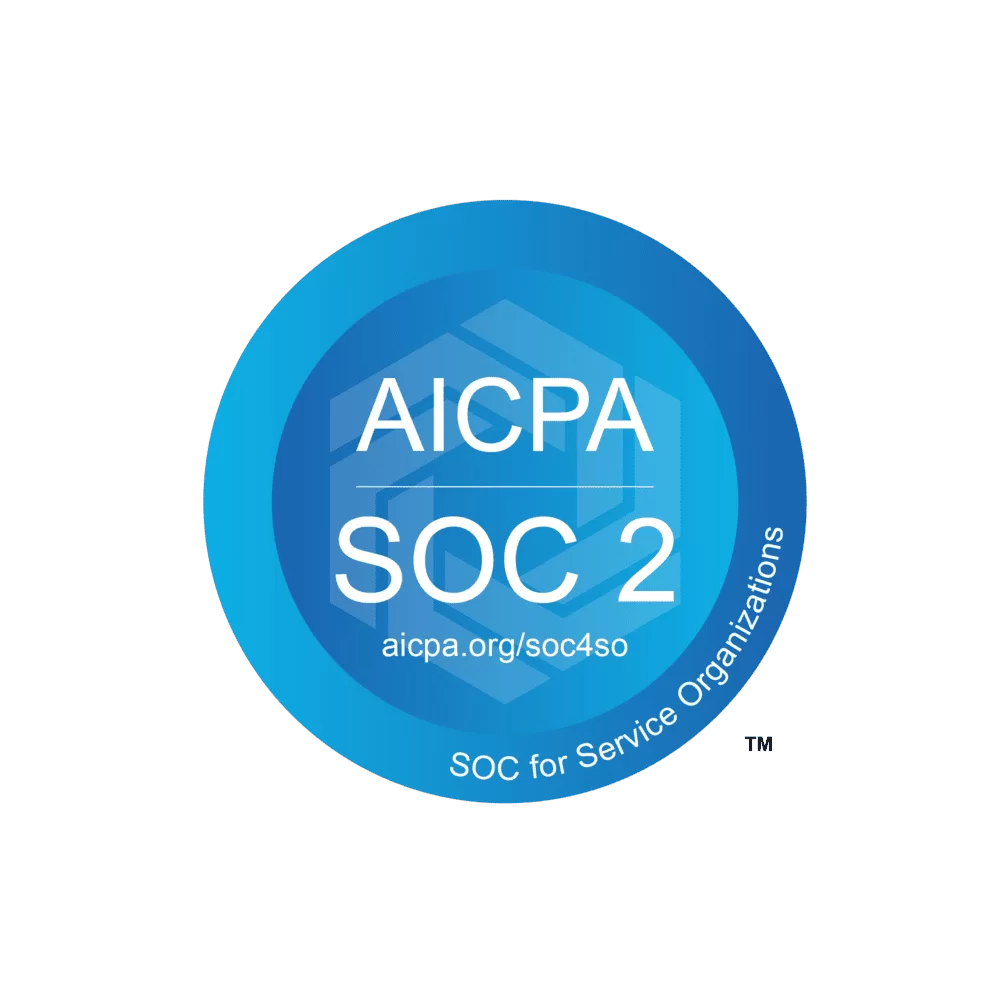Protection in the Cloud
TL;DR - As healthcare increasingly relies on cloud services, securing vast amounts of sensitive patient data against breaches becomes crucial. With the healthcare sector facing high breach costs and stringent compliance demands, solutions like enhanced system visibility and robust data security protocols are essential. Implementing comprehensive security strategies and ensuring thorough staff training on HIPAA compliance can safeguard patient data effectively.
Securing the Cloud: The Vanguard of Patient Data Protection
In the rapidly evolving landscape of healthcare, the shift toward cloud-based collaborative apps is revolutionizing how healthcare providers manage and secure critical patient information. This transformation is not without its challenges, particularly concerning data security. With the healthcare sector experiencing an alarming rate of data breaches, it's imperative to explore how these breaches occur and the steps that can be taken to fortify patient data against cyber threats.
The Growing Threat to Patient Data
Healthcare data breaches are becoming disturbingly common, with significant repercussions for all involved. According to the U.S. Department of Health and Human Services, there were 49 data security incidents reported in just the first month of this year, affecting over 5.5 million individuals. These breaches often result from the vast amounts of sensitive data contained in healthcare records and the high degree of interoperability required across various healthcare systems.
Cost Implications of Data Breaches
The financial impact of these breaches is staggering. The American Hospital Association highlights that the cost to address a healthcare data breach is nearly three times that of other industries, averaging $408 per stolen record. This figure underscores the critical need for robust data security measures to safeguard patient information effectively.
Challenges of Interoperability and Data Security
Interoperability in healthcare—designed to improve the efficiency and quality of care by enabling seamless data exchange between systems—poses unique security challenges. While it brings numerous benefits, it also increases the risk of data breaches if not managed correctly. Regulatory frameworks like HIPAA have been established to mitigate these risks by setting stringent data protection standards.
The Complications of SaaS Solutions in Healthcare
The adoption of Software as a Service (SaaS) solutions in healthcare has introduced new complexities in data security. Many of these applications, while enhancing productivity and operational efficiency, do not always comply with established healthcare compliance standards. This discrepancy can lead organizations to implement stringent controls that may inhibit the effective use of these technologies.
Striking a Balance: Security and Collaboration
To manage the security risks associated with SaaS applications while maintaining the benefits they offer, healthcare organizations need to find a balance. This involves implementing data security solutions that provide comprehensive visibility into the data stored within these applications. By understanding where and how data is shared, healthcare providers can better manage their security protocols and prevent data breaches.
Implementing a Robust Data Security Strategy
Developing an effective data security strategy is crucial for protecting patient information in the cloud. This strategy should include:
- Education and Compliance: Ensuring that all staff are trained on HIPAA regulations and understand the importance of compliance.
- Human Firewall: Empowering employees to actively participate in protecting data by recognizing and responding to security threats.
- Technology Solutions: Utilizing advanced data security platforms that offer complete visibility into data storage and sharing activities within SaaS ecosystems.
Safeguarding the Future of Healthcare
The integration of cloud-based technologies in healthcare is inevitable and brings significant advantages in terms of operational efficiency and patient care. However, the protection of patient data must remain a paramount concern. By implementing comprehensive data security measures and leveraging advanced technology solutions, healthcare providers can protect their patients' information from cyber threats and build a more secure and resilient healthcare system.
FAQs
What causes most healthcare data breaches?
Most breaches stem from cyberattacks that exploit vulnerabilities in healthcare systems, often due to insufficient security measures.
How much does a healthcare data breach cost?
On average, a healthcare data breach costs $408 per stolen record, significantly higher than in other industries.
Why is interoperability a security risk?
Interoperability increases the risk because it involves multiple systems exchanging data, potentially exposing sensitive information if not properly secured.
What are the benefits of SaaS in healthcare?
SaaS applications enhance productivity, improve data accessibility, and can streamline operations across healthcare systems.
How can healthcare organizations protect patient data?
Organizations can protect data by training staff, implementing strict compliance and security measures, and using advanced security platforms to monitor and manage data access.







